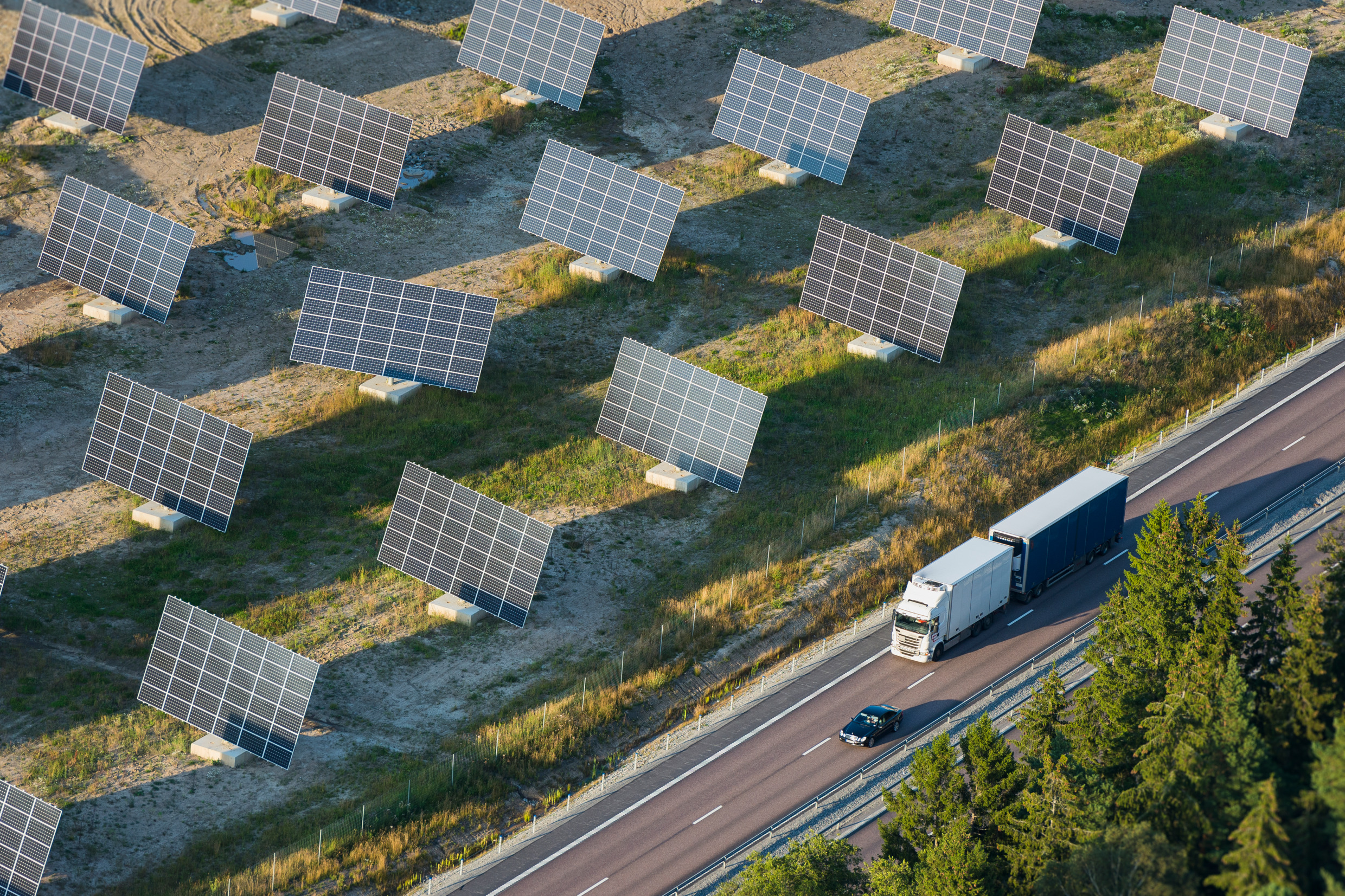Goal 4: Bolster the position of the Nordic Region within international energy co-operation
A key objective for Nordic energy co-operation in 2025–2030 is to bolster the position of the Nordic Region within international co-operation efforts. Internationally, it can be an advantage for the Nordic Region to act as one in those cases where the countries have shared interests. The ambition with this is to actively leverage the strength inherent to Nordic co-operation in both formal and informal fora. This applies particularly within the EU/EEA, but also in other fora in which the Nordic countries are active.
Focus will still be placed on working to support Nordic global energy solutions. Close Nordic co-operation will not only ensure future hosting roles for summits and conferences, but also the role of the Nordic Region as an important global player in the green transition.

Sub-goal 4.1: Discuss European matters in a targeted way in order to explore opportunities for co-operation.
Our ability to realise the regional Nordic energy vision that we have for 2030 will be influenced by a number of European initiatives. This therefore makes it all the more relevant to strengthen regional co-operation between political authorities, market actors, research environments and civil society in the Nordic Region.
Over the course of the 2025–2030 period, the Nordic countries will follow the review of the energy regulations, and the work to develop new goals for 2030 as part of the European Green Deal (EGD) and Fit for 55. Under the EGD, the Nordic countries will be able to establish and adapt their existing regional co-operation within topics such as renewable energy (including offshore wind), energy efficiency improvements (including energy-efficiency first), ecodesign (including Nordsyn), the Energy Efficiency Directive, improving the energy efficiency of construction and renovation strategies, hydrogen, co-operation around smart system integration, national energy and climate plans (NECPs) and the further development of the electricity market and infrastructure. Research, development and innovation will support the road maps horizontally within important areas such as hydrogen, CCUS and offshore wind.
Sub-goal 4.2: Co-operate on the implementation of EU/EEA regulations.
It will be of central importance for the Nordic countries to assess synergies when implementing legal acts as part of the co-operation programme for 2025–2030. A number of energy acts from the EU/EEA will be undergoing processes of implementation in this period.
Sub-goal 4.3: Co-operate on the work being undertaken within other international organisations.
Our Vision 2030 has the ambition to actively leverage the strength inherent to Nordic co-operation within both formal and informal international fora. This applies in particular within the EU/EEA, but also within other fora in which the Nordic countries participate, such as BEMIP, and fora in which systems operators and independent supervisory authorities participate in different forms of regional collaboration. It also applies at the European level via the European Network of Transmission System Operators for Electricity (ENTSO-E) and the European Union Agency for the Cooperation of Energy Regulators (ACER). The Nordic countries also participate in other forms of more global energy policy co-operation, such as the International Energy Agency and the International Renewable Energy Agency (IRENA).